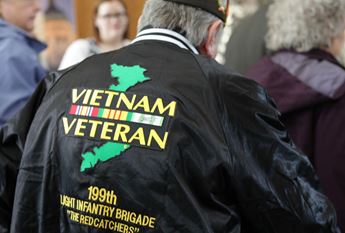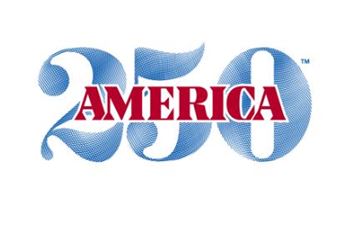

Big Idea: It's Time for More Representation in STEM
June 21, 2019
Sarah Lamm is a doctoral student in planetary science at Northern Arizona University in Flagstaff.
Colby, Kansas native Sarah Lamm studies rocks on Mars using NASA’s Curiosity rover. “I got my start on the Curiosity team back in 2016 on an instrument called ChemCam,” Lamm shares. “ChemCam uses a high powered laser to vaporize miniscule amounts of Mars rocks into plasma. The plasma gives off a light that can be analyzed by sensitive detectors, which allows us to determine the chemical concentration of rocks.” Lamm has bachelor’s degrees in chemistry, geology, and geography and she’s currently pursuing a PhD in planetary science. Despite her credentials and qualifications, Lamm is often frustrated that “no one assumes I’m a scientist.” She attributes this to her age and gender. She’s right. Less than 30 percent of scientists are women.
Why are people surprised to learn that Lamm is a scientist? She posits a theory: “Society tends to highlight scientists who look ‘a certain way.’” She has a point. From Dr. Frankenstein to “Doc” in Back to the Future to the lead characters in The Big Bang Theory, the popular image of a scientist in American culture is a white male. There’s data to back it up. According to the National Science Board’s Science & Engineering Indicators 2018, the majority of Americans in the science and engineering labor force are white men. This lack of representation has ripple effects, observes Lamm: “If young aspiring scientists cannot see themselves in their field, it creates a mental barrier.”
To break the cycle, Lamm proposes highlighting the contributions of young scientists, scientists of color, women scientists, LGBTQ scientists, disabled scientists, and scientists who are otherwise underrepresented. Lamm points to the legacies of groundbreakers like Dr. Sally Ride, the first American woman in space and Dr. Lucy Hobbs Taylor, the first woman to graduate from dental college and open up a practice in Lawrence. She shares the stories of Edward Dwight, Jr., of Kansas City, the first African American to be trained as an astronaut and Dr. Norge Jerome, professor emerita at the University of Kansas Medical Center who created the field of nutritional anthropology. Lamm also cites Dr. Alan L. Hart, a Kansas-born physician and one of the first transgender males to have a hysterectomy. “Representation matters,” says Lamm. “It’s time for us to step up.”
That’s why whenever Lamm returns to her rural Kansas hometown, she does science outreach to students. In rural communities, there is a lack of job diversity, especially in STEM pathways, so it’s imperative to Lamm to show students the vast possibilities that exist for careers in science. For some students, Lamm may be the only scientist they have ever met apart from a teacher. “It’s important for students to see that scientists can be from anywhere and achieve great things,” says Lamm, “all while following their passions.” She adds, “Scientists can be anyone, from any community, race, ethnicity, gender, ability, religion, socioeconomic status, age and/or sexuality.” Lamm believes that rather than being divided by their differences, scientists should be united by the fact they are all “humans who found their passion trying to discover and explain the world around them.”
These views do not necessarily reflect those of Humanities Kansas, its board of directors, or staff.
Spark a Conversation
Read & Explore
- Follow the Mars Curiosity rover (Twitter)
- Ed Dwight Was Set to Be the First Black Astronaut. Here's Why That Never Happened. (New York Times, July, 16, 2019)
- This is What a Scientist Looks Like (Tumblr)
- LGBTQ Scientists are Still Left Out (Nature)
- Science in Kansas 150 Years and Counting (Ad Astra-KS)
- 500 Queer Scientists
- It's Time to Stop Excluding People with Disabilities from Science (Massive Science)
- Why the Universe Needs More Black and Latino Astronomers (Smithsonian Magazine)
- How Ashley Walker Shined a Necessary Light on Black Junior Astronomers (Astronomy in Color)
- The Native Astronomer (News Maven)
- Disabilities Don't Stop These Experts in Science (Science News for Students)
Watch
- Ed Dwight, First African American Candidate for Space (American Experience, PBS)
About Sarah Lamm
Sarah Lamm is a doctoral student in planetary science at Northern Arizona University in Flagstaff, Arizona. She graduated from Kansas State University in 2018 with three bachelor of science degrees in chemistry, geology, and geography. Lamm interned at the Los Alamos National Laboratory in New Mexico for three summers during her undergraduate years. She continues her work on the ChemCam instrument on the Mars rover, Curiosity, during graduate school. Lamm estimates she has given space-related presentations to approximately 550 people – or a tenth of her hometown of Colby, Kansas.



